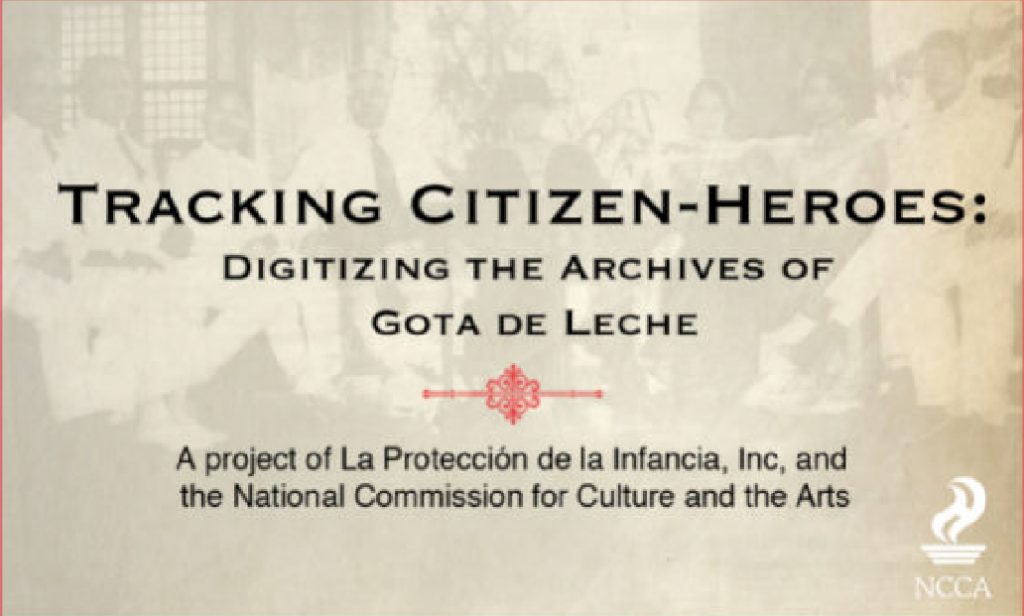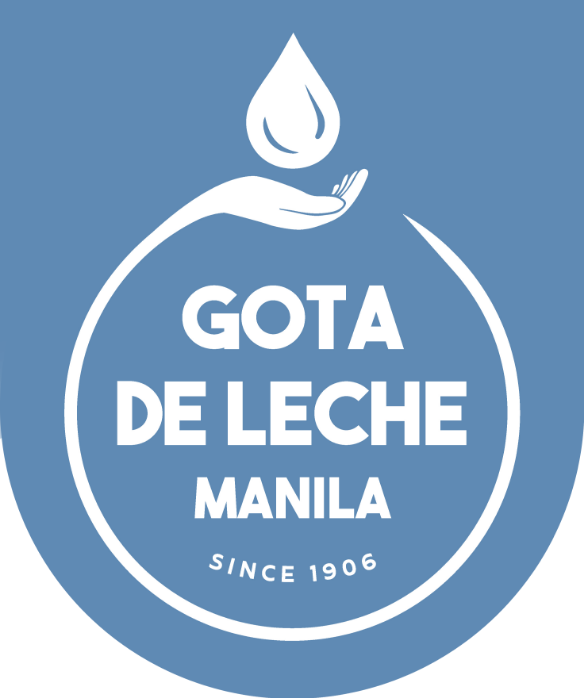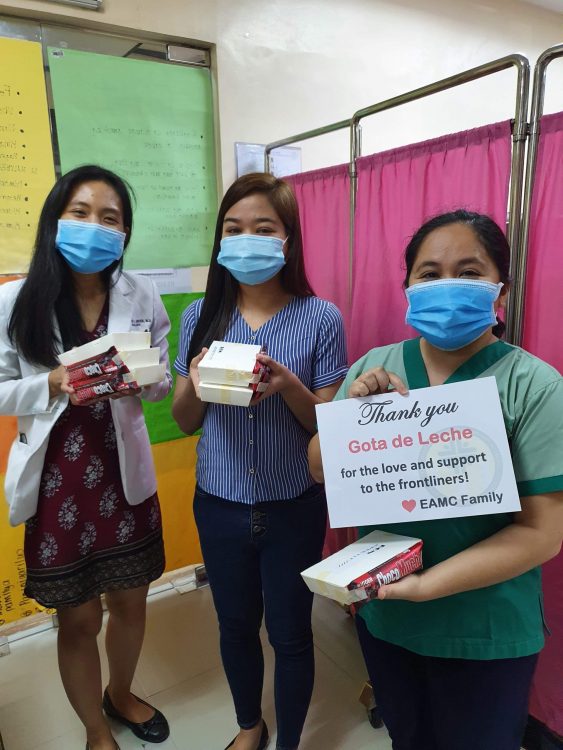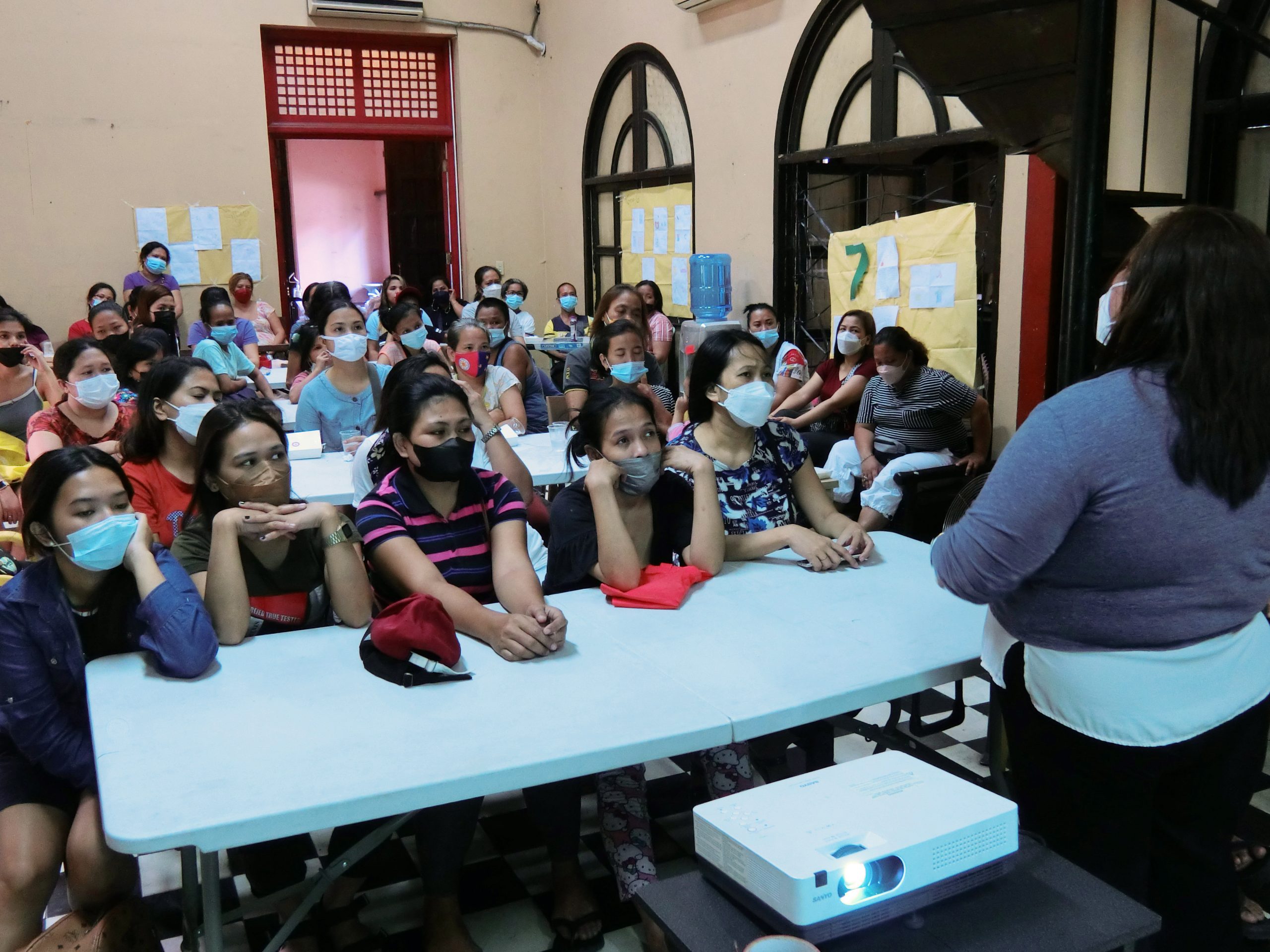News
Annual Report 2020: Responsive Nutrition Support Amidst Pandemic
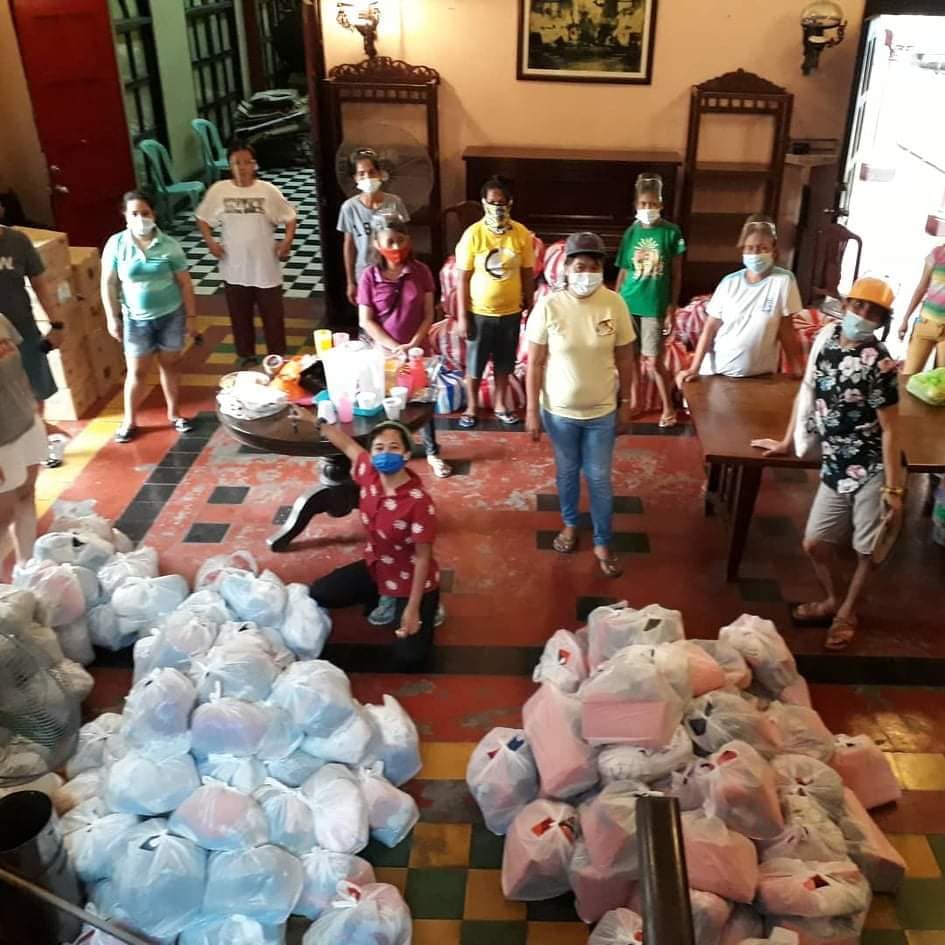
The year 2020 brought many unexpected challenges to Philippine society. Gota de Leche was not spared by these difficulties. It could no longer proceed with its health and nutrition services for women and children, its signature program for decades. To overcome the limitations imposed by the lockdown due to the pandemic, innovative ways were devised to be able to reach out to our beneficiaries, children and mothers from different barangays of the city of Manila.
We are also proud to report that Gota de Leche, in its own limited ways, was able to provide meals for the frontliners serving COVID patients in various hospitals of Metro Manila during the first lockdown. Through the efforts of its Executive Director and staff, Gota de Leche became a focal point for the collection, sorting and delivery of relief goods for the victims of super typhoon Rolly in Bicol, Bulacan and Rizal. So many donors, so many goods – they filled up the halls of our heritage building. These experiences have taught us that pakikipagtulungan and pakikidamay are alive in the Filipino’s psyche. In times of emergencies, each one pitches in to help those in need. The challenges continue in 2021. And Gota de Leche will remain steadfast in its role to reach out to women, children, families and communities, to promote their rights to health, safety, survival and development
– AMARYLLIS T. TORRES
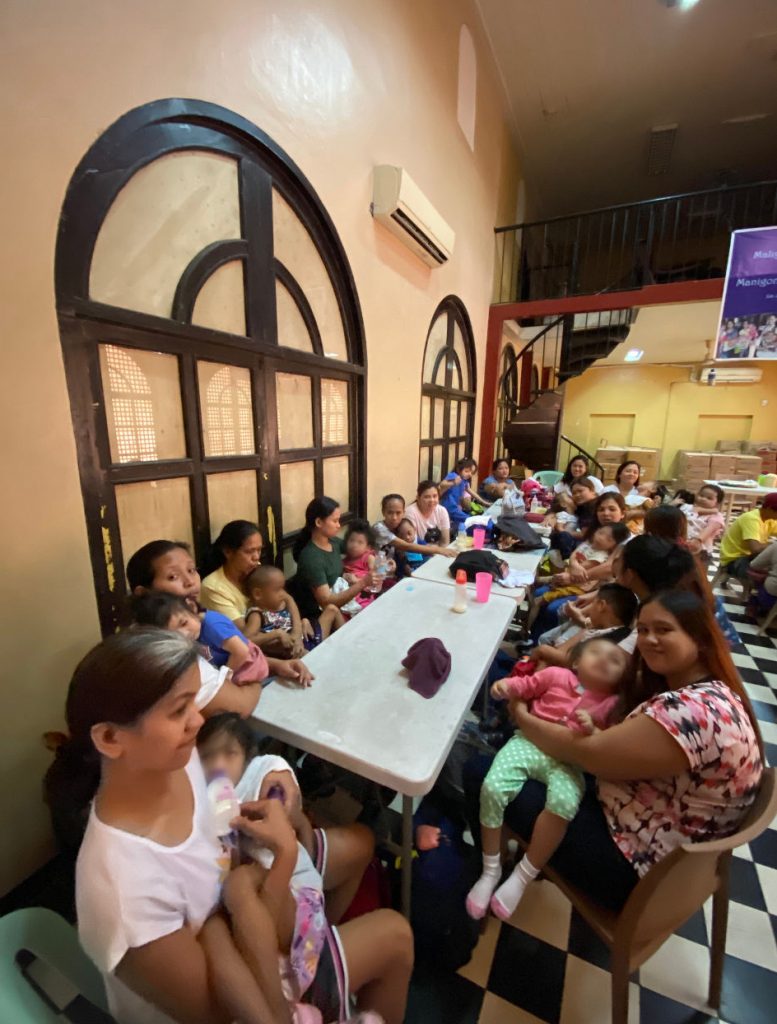
Program 1: Milk-Sharing and Nutrition Support for Children with Disabilities
As the 115-year-old program to rescue poor children of pre-school age from hunger and malnutrition Gota de Leche became a byword in Philippine charity institutions. Through its provision of milk, food supplements and medical services. Gota de Leche’s system of reversing the
health status of large groups of indigent children from wasted to normal growth. Gota de Leche became the model upon which village Puericulture Centers of the 1920s and 1930s, and the later Barangay Health and Welfare acilities of the 1970s and 1980s, were based. This fact has been acknowledged even today in textbooks outlining the history of social welfare in the country.
Each year, between 200 and 350 beneficiaries are enrolled for a period of 10 to 12 months in a program which includes monthly medical check-ups, food supplements, fresh vegetables and full cream milk for children in their 2nd 1,000 days, or between 3 and 6 years. Other services, such as Dental treatment and nutrition workshops, as well as various activities to stimulate mental development are organized in cooperation with other organizations and institutions. The impact of malnutrition on the cognitive and functional abilities of young children became a subject of interest among Gota de Leche workers in the mid 2000s, when service providers began monitoring a small group of children mental and developmental disabilities. Their observations were confirmed when studies beginning 2006 were published connecting early nutrient deficiency among infants and young children to brain development, most noticeable among families in extremely impoverished conditions. The Philippines is among the 5 countries in Asia with the highest number of stunted and wasted children. While cases of very low birth weight, stunting and malnutrition of mother during pregnancy were what inspired Gota de Leche to create Program 2 (see below), Gota’s own experience and other studies have validated the need to focus on nutrition support for stunted and disabled children up to their second 1000 days.
This is why Gota de Leche remains perhaps the only institution in the country that continues its quest to build up the health status and immune system of very young children with disabilities in the poorest economy level of our society.
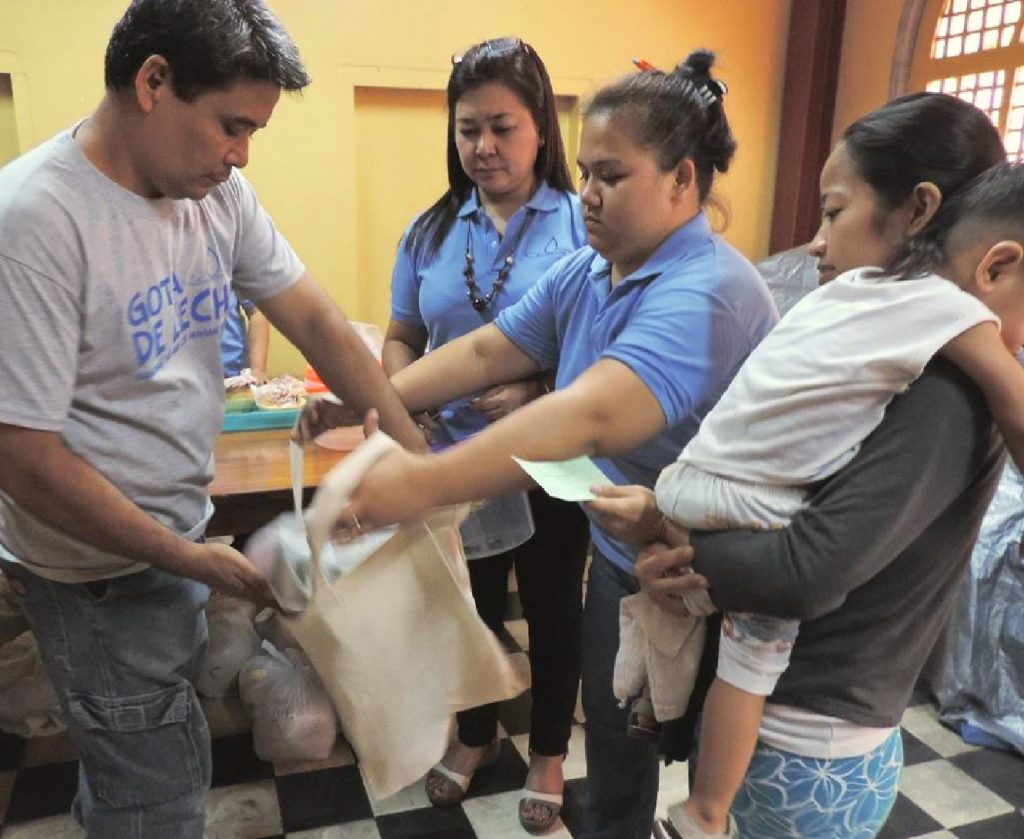
Program 2: Nutrition Support for Pregnant and Lactating Mothers
The right to adequate nutrition is a fundamental, foundational right for children. But because 1 out of 3 young Filipinos are stunted, initiates nutrition interventions for women in target communities every month. These are high-protein and vitamin-enhanced rice meal packs that will help strengthen mothers whose dietary intake may be inadequate. Monthly medical checkups of both mother and child are conducted by medical practitioners, while food supplements and vitamins are distributed. But as the Covid-19 pandemic continues to rage in the most crowded cities of the country, women living in quarantined areas have become more vulnerable to sexual assaults, violence and unplanned pregnancy, even at a very young age. Gota de Leche’s efforts to re provide nutrition support and health services have been limited by travel restrictions, making digital communication and information sharing through cell phones and main means to reaching them and their families.
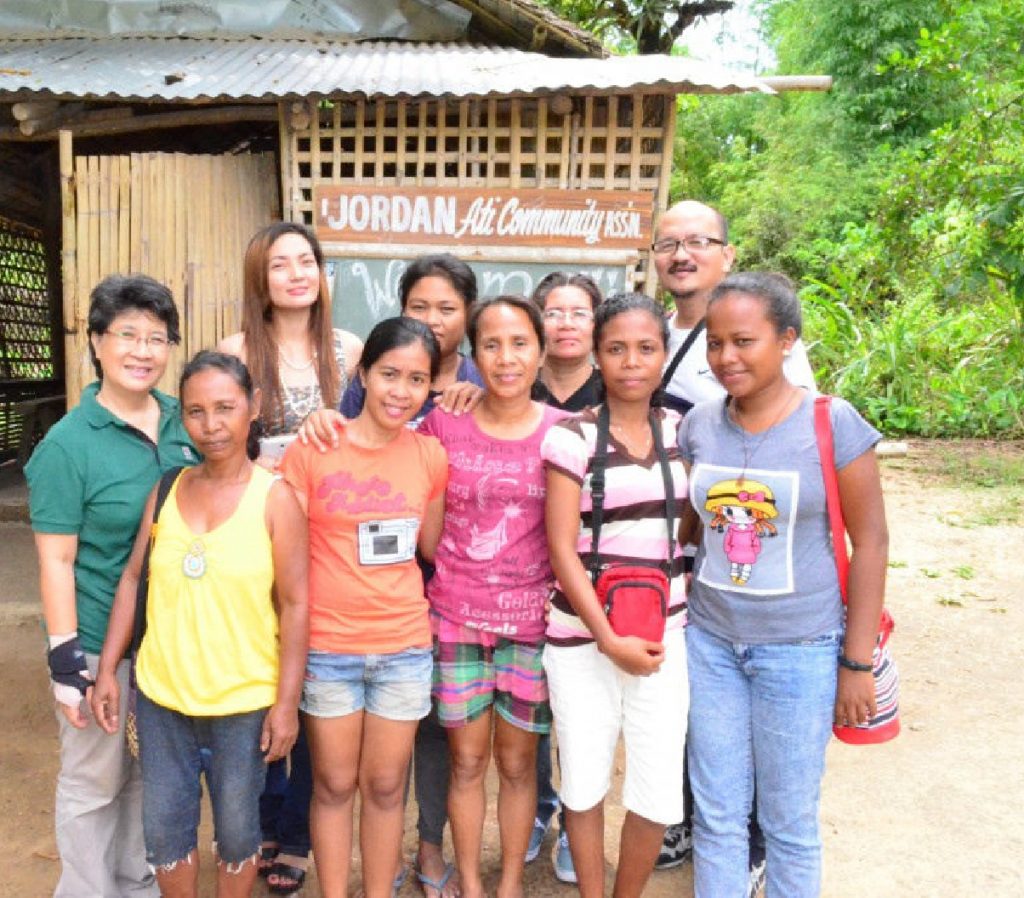
Program 3: Relief and Outreach
This program responds to the needs of poor communities whose food supplies for children and PLW are affected by Climate Change and Natural Disasters, most specially those in geographically isolated and disadvantaged areas. Urgent relief and intermediate feeding projects are established in these areas together with volunteers and local NGO partners in the Cordillera Autonomous Region, in
Central Luzon, in Western and Central Visayas.
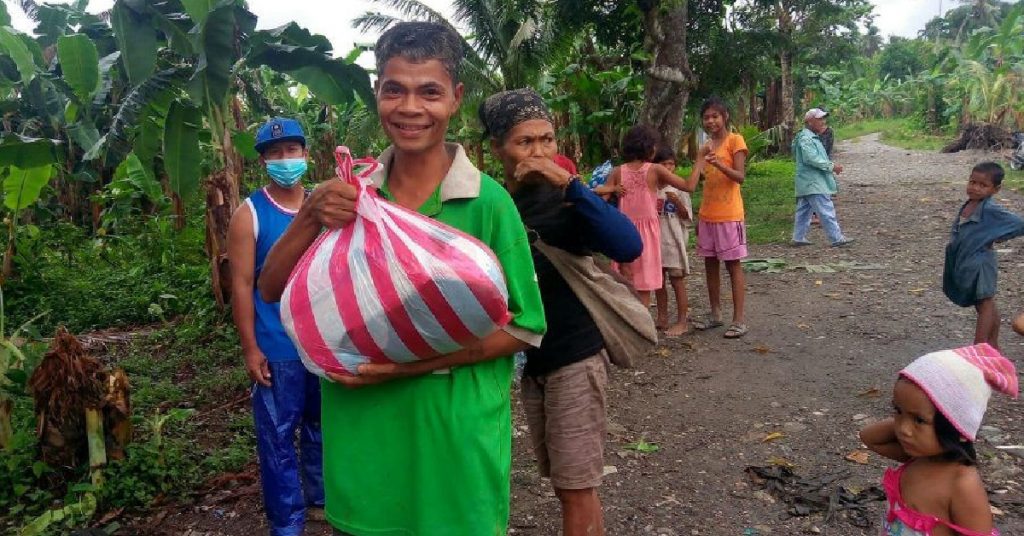
Program 4: Heritage Conservation
Gota de Leche Building is declared as an Important Cultural Property by the National Museum in
early 2014, the organization has a duty to find ways to maintain and conserve the century-old
building, as well as the archives, photographs and heritage properties in its care, as a legacy of the
Filipino people. A project is ongoing to digitize, translate and promote the historical significance of
the content of the Gota de Leche Archives.
